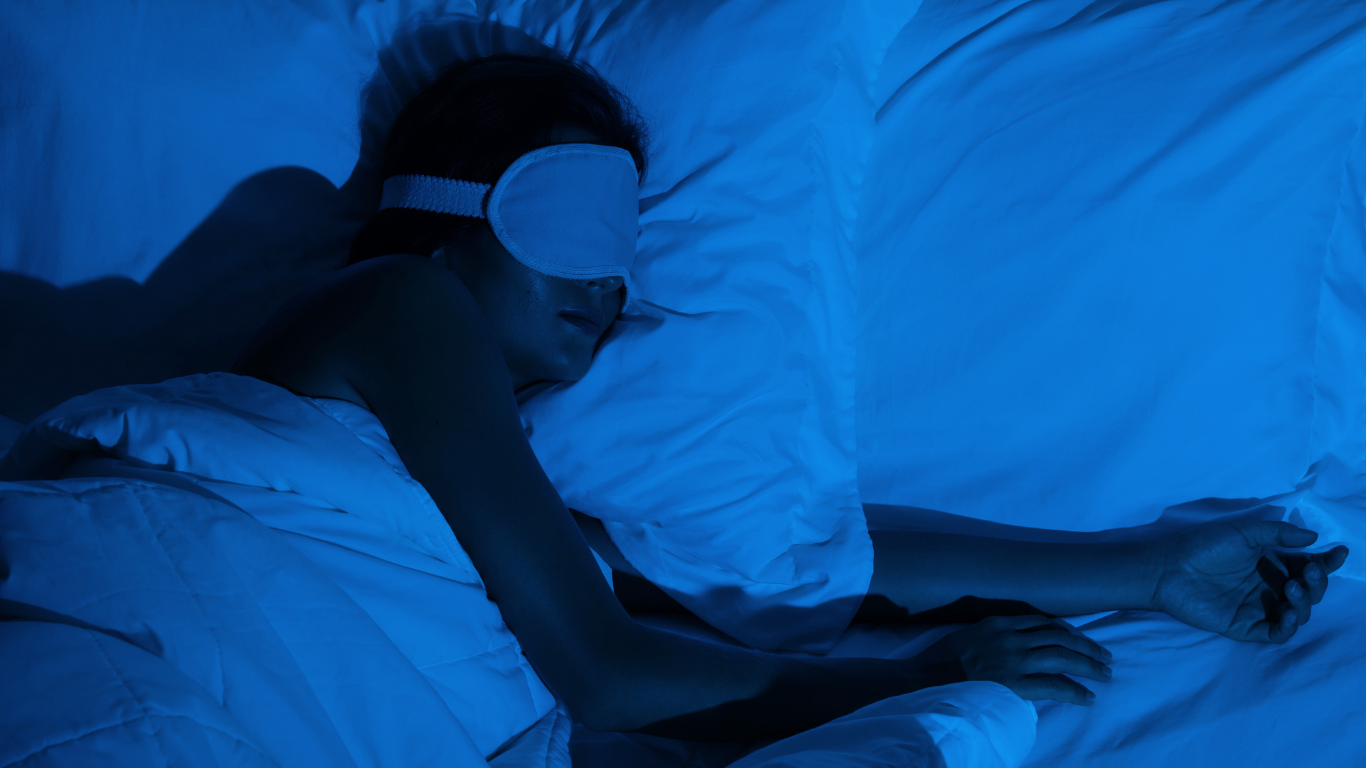Our 5 top tips for better sleep
Katie Ekema
•
Our bodies can’t operate on an empty tank. We often think of our "tank" in reference to nutrition, but what if we also considered how quality sleep affects our ability to operate day-to-day? We know there are seemingly endless ways to improve your sleep, but here are our top 5 strategies to getting better sleep for optimal health.
Create a consistent environment
Maintaining a consistent sleep environment is of the utmost importance. Why? Doing so will cause your brain to associate your bedroom with rest and relaxation. This is why it's best to avoid eating or working in bed - doing so can confuse these associations, making it harder to fully relax or fall asleep when you need to. By using your bed for sleep only, you reinforce a mental connection that helps you wind down more effectively at night.
Get sunlight early in your day
Morning sunlight is key to regulating your body’s internal clock, or circadian rhythm, which greatly affects your sleep. When you get sunlight in the morning, it helps suppress melatonin (the sleep hormone) so you feel awake and alert. As the day ends and it gets darker, your body ramps up melatonin to prepare for sleep. By getting 20–30 minutes of sunlight early in the day, you can improve your sleep quality and make it easier for your body to fall asleep at night.
Prioritize daily movement
Regular physical activity releases endorphins and reduces stress and anxiety, which helps you fall asleep easier. The physical exertion from exercise helps "wear you out" in a healthy way, promoting deeper, more restful sleep. Just avoid vigorous exercise close to bedtime, as it may disrupt your rest. Consistency is key to getting the best results.
Fun fact: If you sleep poorly one night, it’s tempting to want to "take it easy" the next day. However, exercising after poor sleep can actually help reverse its effects. Exercise boosts mood, increases energy, enhances cognitive function, and reduces stress, making it easier to get better sleep the next night.
Avoid eating right before bed
Eating large or heavy meals too close to bedtime can cause discomfort and disrupt sleep because your body is still digesting. Avoid foods like caffeine, alcohol, and spicy dishes, as they can interfere with falling asleep. Instead, opt for light snacks rich in tryptophan (like turkey or nuts), complex carbs, and magnesium (like bananas or almonds), which can help promote relaxation and improve sleep quality. Ideally, finish eating at least 1.5 to 2 hours before bed to give your body time to digest.
Limit your exposure to blue light before bed
Blue light, which comes from screens and certain light sources, disrupts your body's natural "sleep-wake" cycle by suppressing melatonin production, a hormone that promotes sleepiness. To minimize this effect, avoid screens and opt for lamps with incandescent or warm-toned LED bulbs instead of "cool white" or "daylight" bulbs in the evening. Creating a blue light-free environment helps your body prepare for sleep, promoting a more restful and rejuvenating night. Bonus: By putting your devices away early, you'll have time to finally read that novel that's been sitting on your nightstand! Sleep is just one of the many factors that contribute to a healthy life. If you're interested in learning more about how Rise can help you get on track with your health, fitness, and overall wellness, we would love to sit down in a Free Fitness Consultation meeting with you. Sign up here to get started.